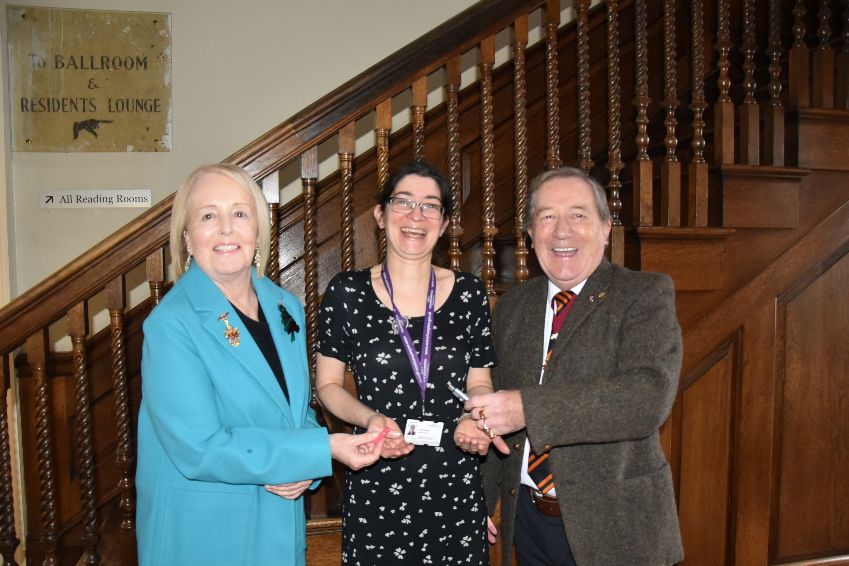Bereavement group helps women of all ages to find friendships in grief
The loss of a partner can be one of the hardest experiences a person has to face, and while the journey of healing can be harrowing, for Chloe Ball from Willenhall in the West Midlands, her grief opened the door to an unexpected new friendship.


























